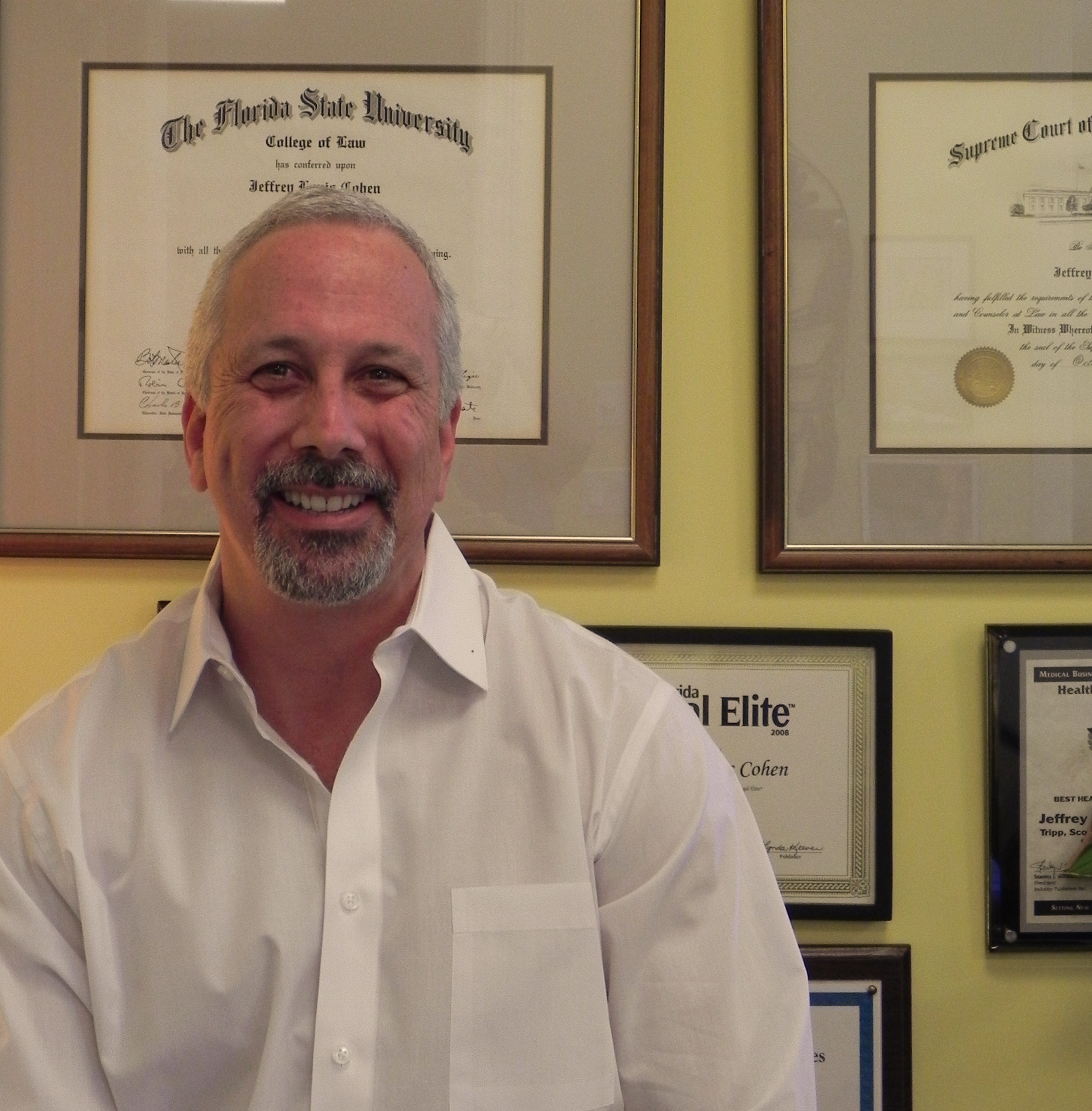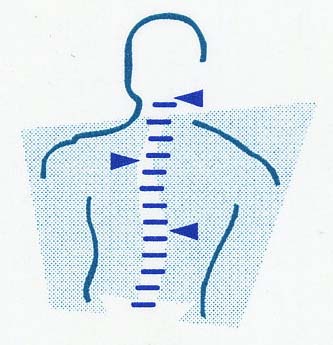Investigations and successful prosecutions for violation of laws like the Anti Kickback Statute (“AKS”), the Stark Law and the False Claims Act were dramatically up in 2011 and are expected to climb still higher in 2012. For instance 13 doctors were charged in December, 2011 with violating the AKS by receiving payment for referring patients to an MRI center. Physicians and other healthcare business people MUST have any suspect arrangement closely scrutinized by highly qualified counsel. A “suspect arrangement” is any arrangement between providers of healthcare services that involve, to any degree, the exchange or payment of anything of value, including money. The AKS is a criminal statute; and the risks of enforcement are now huge.
Business and arrangements which are designed at all to lock in physician referrals carry particularly large risks and require close scrutiny. For instance, surgery centers that received referrals from non-owner physicians viewed that as a great thing. Now, referrals from unaffiliated physicians are viewed as inherently suspect. “What,” the regulator thinks, “is driving this referral? What wrongful conduct is being engaged in here?” This is especially so with any marketing arrangement as well.
Physicians and other healthcare business people would do well to recall that if even “one purpose” of the arrangement is to compensate (cash or anything of value) someone for a patient referral, the AKS is triggered. Moreover, where Safe Harbor Act compliance was recommended, many now find it necessary.





